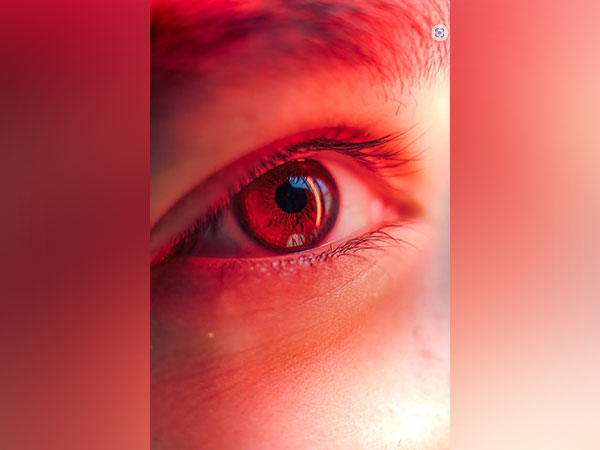

According to a pooled data analysis of the available evidence, which was published online in the British Journal of Ophthalmology, regular use of medications to lower cholesterol and manage type 2 diabetes may reduce the risk of AMD, a degenerative eye condition associated with ageing.
According to the findings, these common medications are associated with a lower prevalence of AMD (age-related macular degeneration) in European populations.
In high-income nations, AMD is the main contributor to serious vision impairment in elderly adults. The ailment presently affects 67 million individuals in Europe alone, and as the continent’s population ages, it is expected that the number of new cases would skyrocket.
AMD impairs both central vision and fine detail perception. AMD is assumed to be caused by a number of genetic and environmental ageing-related factors, but the best ways to prevent it or halt its growth are yet unknown.
Prior studies have suggested that medications to lower cholesterol, manage diabetes, and reduce inflammation may assist to minimise the chance of getting AMD, but these results were inconsistent and based on small participant numbers.
The researchers aggregated the findings from 14 population-based and hospital-based studies, encompassing 38,694 participants from France, Germany, Greece, Ireland, Italy, Norway, Portugal, Russia, and the UK, in an effort to circumvent these problems.
The studies are a part of the European Eye Epidemiology (E3) project, a pan-European collaborative network whose main goal is to create and analyse sizable pooled datasets to further our understanding of eye illness and vision loss.
All of the participants were over 50 and receiving at least one of the medications listed below: Levodopa used to treat movement difficulties brought on by neurodegenerative diseases; statins to lower cholesterol; insulin to regulate diabetes; steroids to reduce inflammation.
In the studies that were considered, the prevalence of AMD ranged from 12.5 per cent to 64.5 per cent, totalling 9,332 instances, whereas the prevalence of advanced (late) AMD ranged from 0.5 per cent to 35.5 per cent, totalling 951.
After taking into account any potential influencing factors, the pooled data analysis revealed that medications to lower cholesterol or control diabetes were related to, respectively, 15 per cent and 22 per cent lower prevalence of any type of AMD.
Despite the fact that there were only a very small number of such cases, the researchers highlight that no such connections were discovered for any of the other drug classes or for severe AMD in particular.
Theirs are the first large pooled data analysis of its kind to use individual-level data from various population-based and hospital-based studies, highlight the researchers.
“Yet, further longitudinal data are needed to confirm our findings, which are inherently limited by using cross-sectional data only and cannot infer causality,” they cautioned.
But the findings point to a likely key role for metabolic processes in the development of AMD, which may offer potential new avenues for treatment and have implications for public health messaging, they suggest.
“Our study suggests that regular intake of [lipid lowering] and antidiabetic drugs is associated with reduced prevalence of AMD in the general population. Given a potential interference of these drugs with pathophysiological pathways relevant in AMD, this may contribute to a better understanding of AMD aetiology,” they concluded.